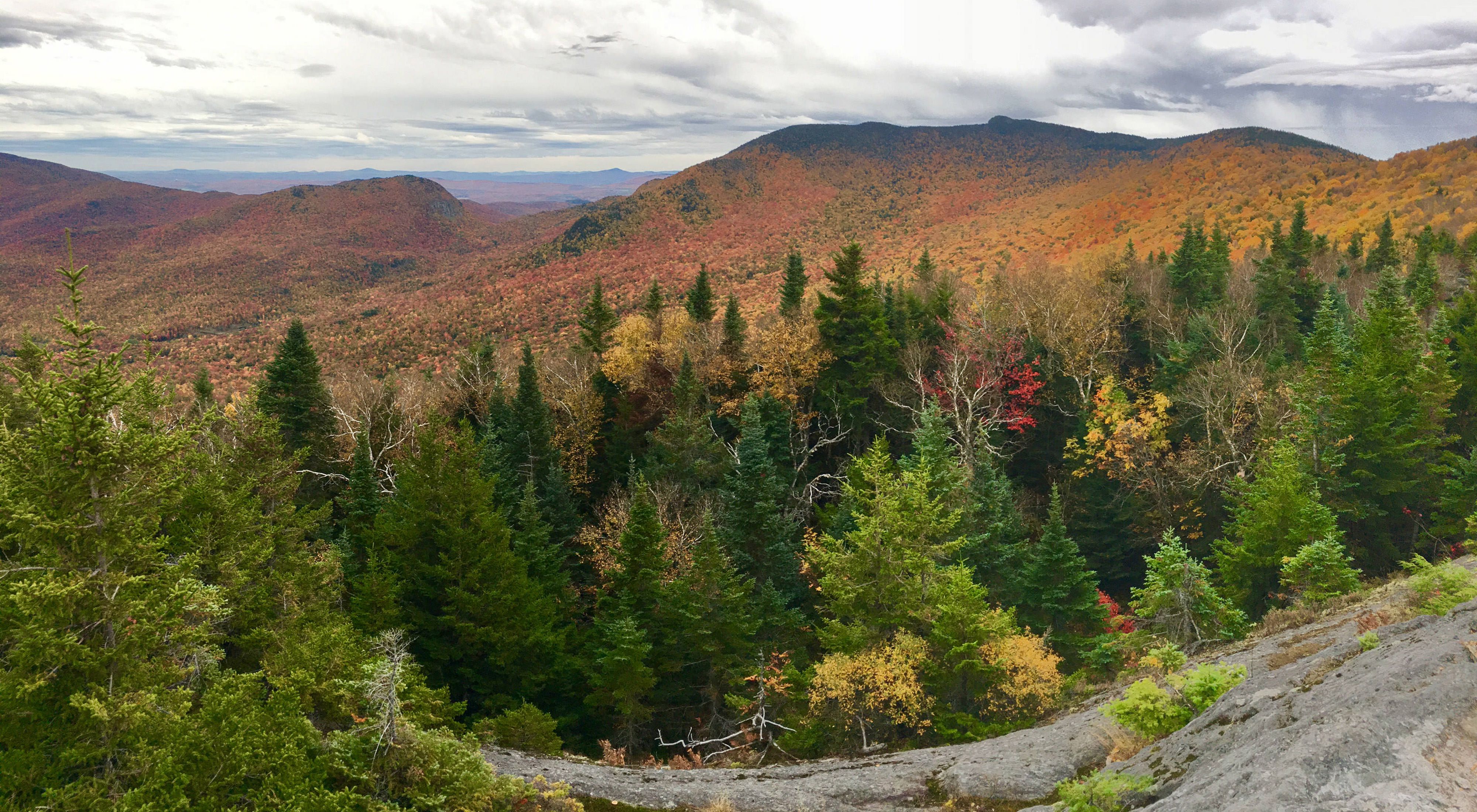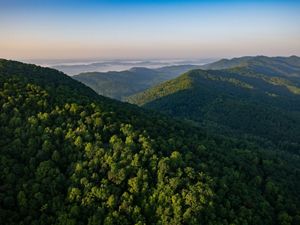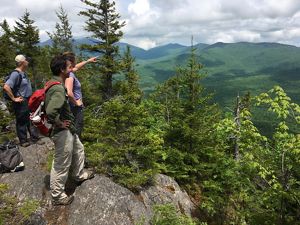The Nature Conservancy Launches New Grant Program Across Northern Appalachian States
Grants of up to $50,000 will be awarded to land trusts and conservation partners for land protection projects.
Media Contacts
-
Tina McCarthy
The Nature Conservancy
Email: tina.mccarthy@tnc.org -
Connectivity, Climate and Communities Fund
The Nature Conservancy
Email: cccfund@tnc.org
The Nature Conservancy (TNC) is regularly called upon as a trusted organization that can provide science, decision-making tools, and relationship-building skills to advance strategic land protections projects. To further this impact, expand capacity and funding in innovative ways, and empower land trust and conservation organizations, TNC has established a new grant program across the Northern Appalachian states.
The Resilient and Connected Appalachians Grant Program provides funding opportunities for nonprofit organizations, municipalities, and other partners to engage in conservation efforts in the Appalachians—a center of climate resilience and a critical migration corridor for wildlife. The Program offers grants of up to $50,000 to support projects that result in the permanent protection of resilient and connected lands in pivotal landscapes. For the 2023-24 grant cycle, funding is available in New Jersey, Connecticut, Massachusetts, Vermont, New Hampshire and Maine.
“At TNC we recognize the position we are in to provide resources and expertise to those working to accomplish similar goals,” said Heather Furman, Appalachians Director for TNC. “It is our hope that this grant program advances important work in this region, builds lasting connections, and brings us all closer to preserving and protecting important and critical lands.”
Conserving resilient and connected lands provides benefits to local people and communities. This is particularly critical in marginalized communities, including but not limited to communities with little to no access to high-quality green spaces, communities experiencing heightened impacts of climate change due to systemic under-investment and poor infrastructure, as well as traditionally marginalized communities of color, to name a few. The community benefits that result from projects funded by the Resilient and Connected Appalachians Grant Program will enable people and communities to cope with the effects of climate change and provide spaces for enhanced community well-being.
The Resilient and Connected Appalachians Grant Program is part of the larger Connectivity, Climate and Communities Fund, which also includes The New York Climate Resilience Grant Program. The Fund’s overall areas of focus include:
- Connectivity: Creating a connected network of resilient lands and waters – a biodiversity superhighway enabling plants and animals to adapt to a changing climate.
- Climate: Protecting and managing forests that store significant amounts of carbon, accelerating the transition to well-sited renewable energy and helping communities to adapt and mitigate impacts from flooding.
- Communities: Supporting resilient communities and sustainable livelihoods and strong connections to their natural landscapes.
“By collaborating on these efforts, we can simultaneously conserve vital habitat, reduce greenhouse gas emissions, build resilience to the impacts of climate change, and generate new job and recreation opportunities,” said Furman. “Together we can ensure a future where people, plants, and animals have the freedom to adapt and thrive in a changing world.”
For more information about eligibility and guidelines, visit the Connectivity, Climate and Communities Fund.
The Nature Conservancy is a global conservation organization dedicated to conserving the lands and waters on which all life depends. Guided by science, we create innovative, on-the-ground solutions to our world’s toughest challenges so that nature and people can thrive together. We are tackling climate change, conserving lands, waters and oceans at an unprecedented scale, providing food and water sustainably and helping make cities more sustainable. Working in more than 70 countries and territories, we use a collaborative approach that engages local communities, governments, the private sector, and other partners. To learn more, visit nature.org or follow @nature_press on Twitter.



